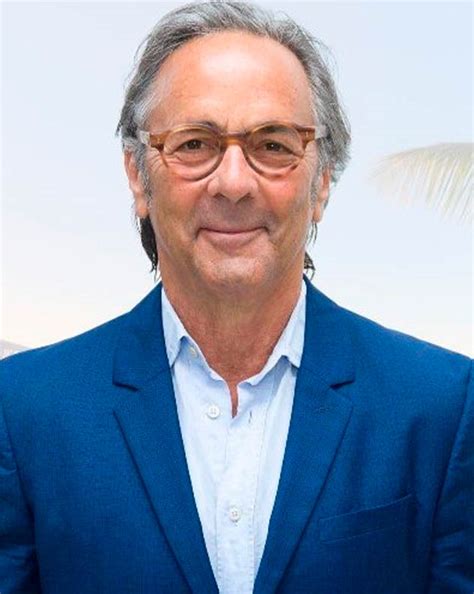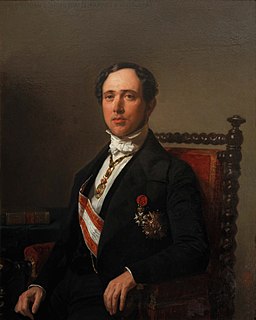A Quote by Steven Machat
The desire the law makers have in having only dispensary owners to control marijuana is part of the game our law makers play to create a bureau of specific business created that owes its allegiance to the political process and therefore will make sure that process continues.
Related Quotes
Nationwide injunctions undermine the democratic process, depart from history and tradition, violate constitutional principles, and impede sound judicial administration, all at the cost of public confidence in our institutions and particularly in our courts as apolitical decision-makers dispassionately applying objective law.
Law is a process. If there is equality of process for everybody, then that's our definition of justice. Whether or not what is done is right or wrong, you follow the process. And so, the end result is just by definition within that alternative universe that is American law. Most people still operate within a moral universe where principles of good and bad and what is right and wrong in itself, and not just as a result of the process.
Fidelity and allegiance sworn to the King is only such a fidelity and obedience as is due to him by the law of the land; for were that faith and allegiance more than what the law requires, we would swear ourselves slaves and the King absolute; whereas, by the law, we are free men, notwithstanding those oaths.
There are only two possible forms of control: one internal and the other external; religious control and political control. They are of such a nature that when the religious barometer rises, the barometer of [external, i.e., political control] falls and likewise, when the religious barometer falls, the political barometer, that is political control and tyranny, rises. That is the law of humanity, a law of history. If civilized man falls into disbelief and immorality, the way is prepared for some gigantic and colossal tyrant, universal and immense.
In the U.S. you have a system of lobbying and influence on our policy and law makers which is incredibly pronounced. The gas industry spent $250 million getting an exemption from our Safe Water Act. Every one of those dollars is toxic; a contaminant in our political system. It disrupts the normal flow of justice, science, fact and reporting.
The largest 100 corporations hold 25 percent of the worldwide productive assets, which in turn control 75 percent of international trade and 98 percent of all foreign direct investment.The multinational corporation...puts the economic decision beyond the effective reach of the political process and its decision-makers, national governments.































